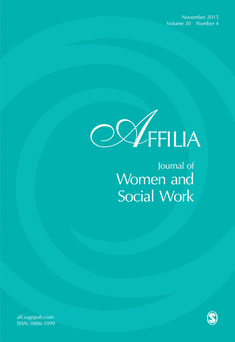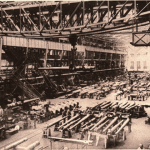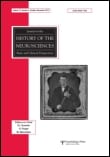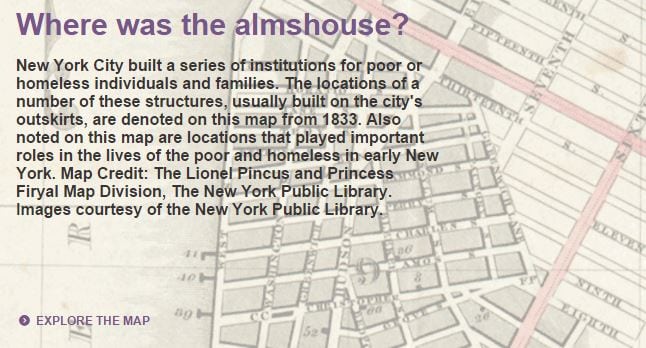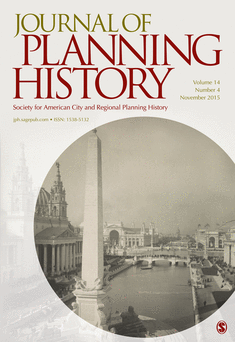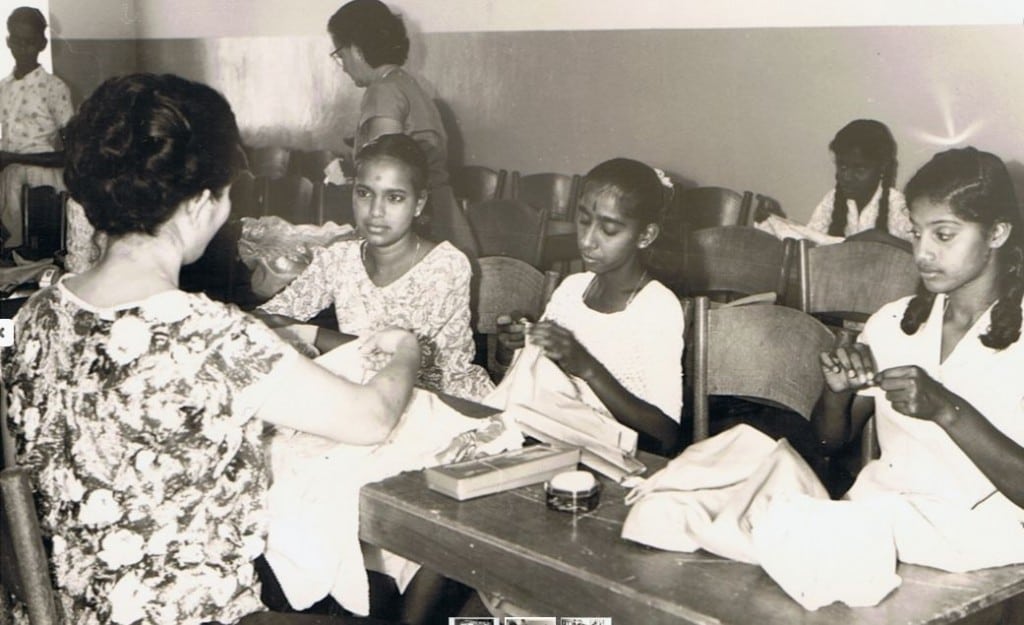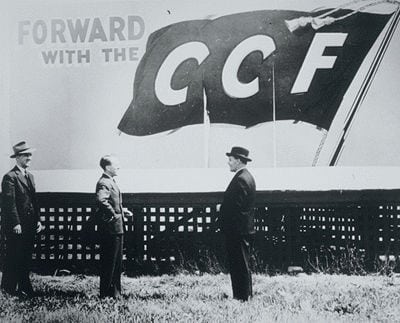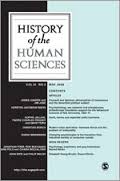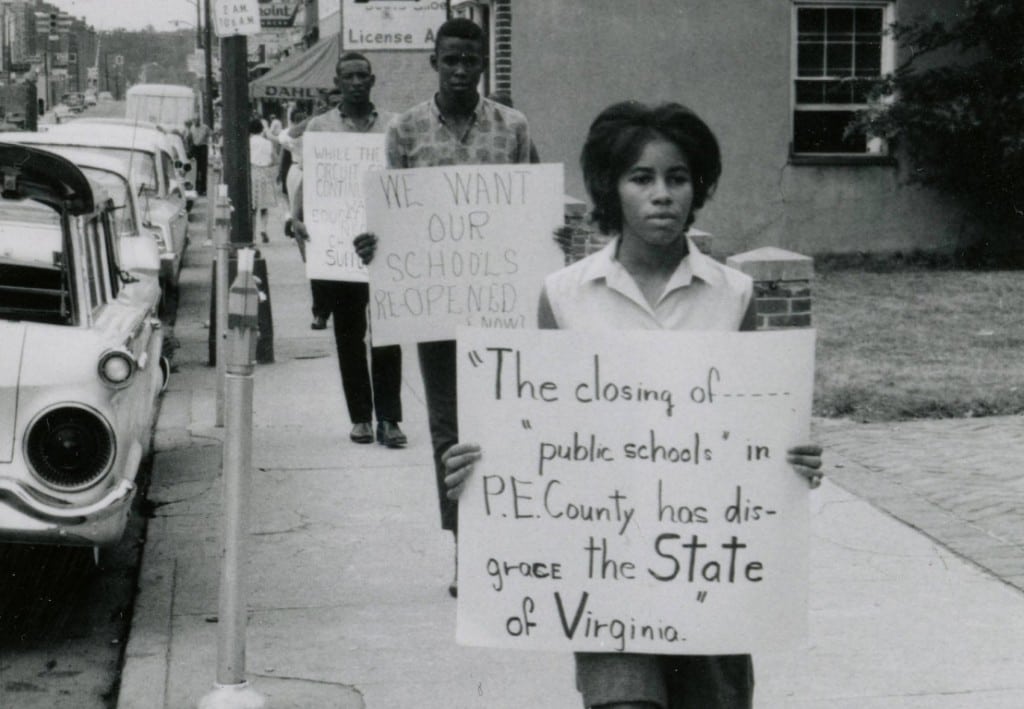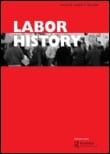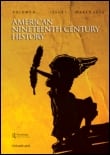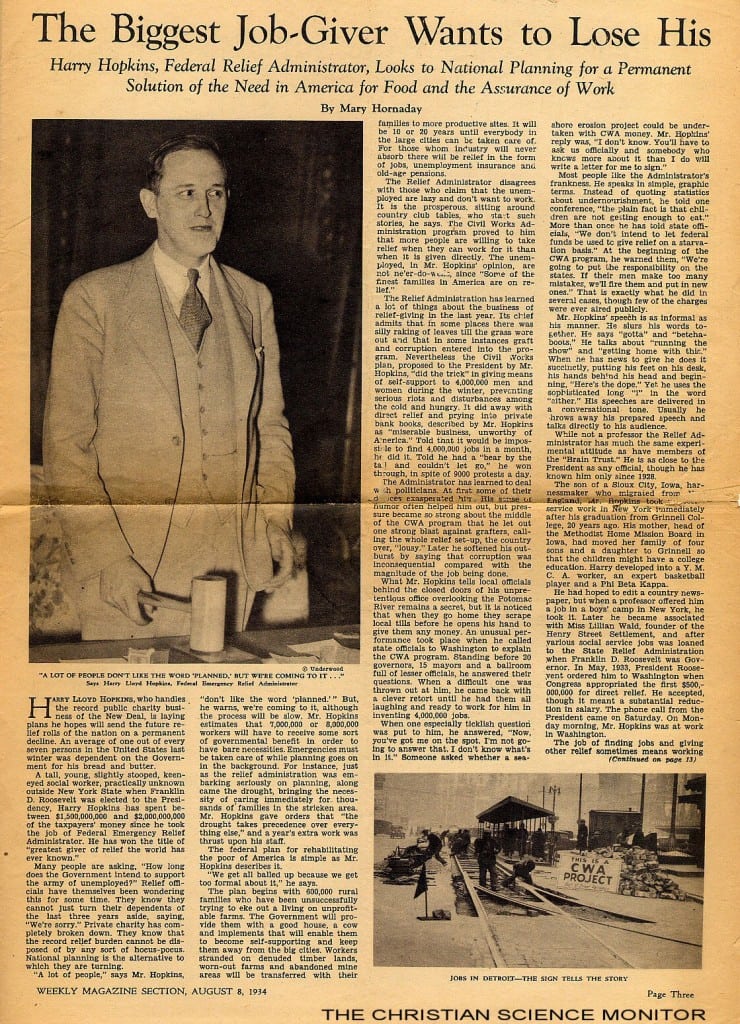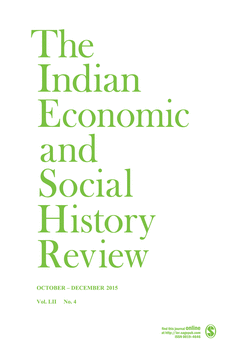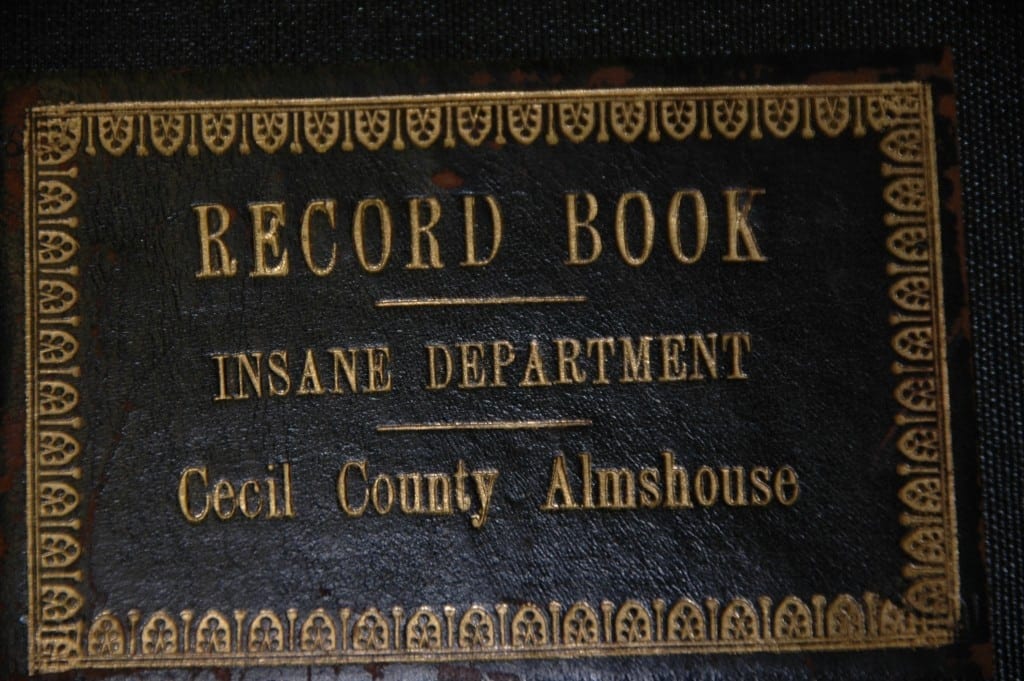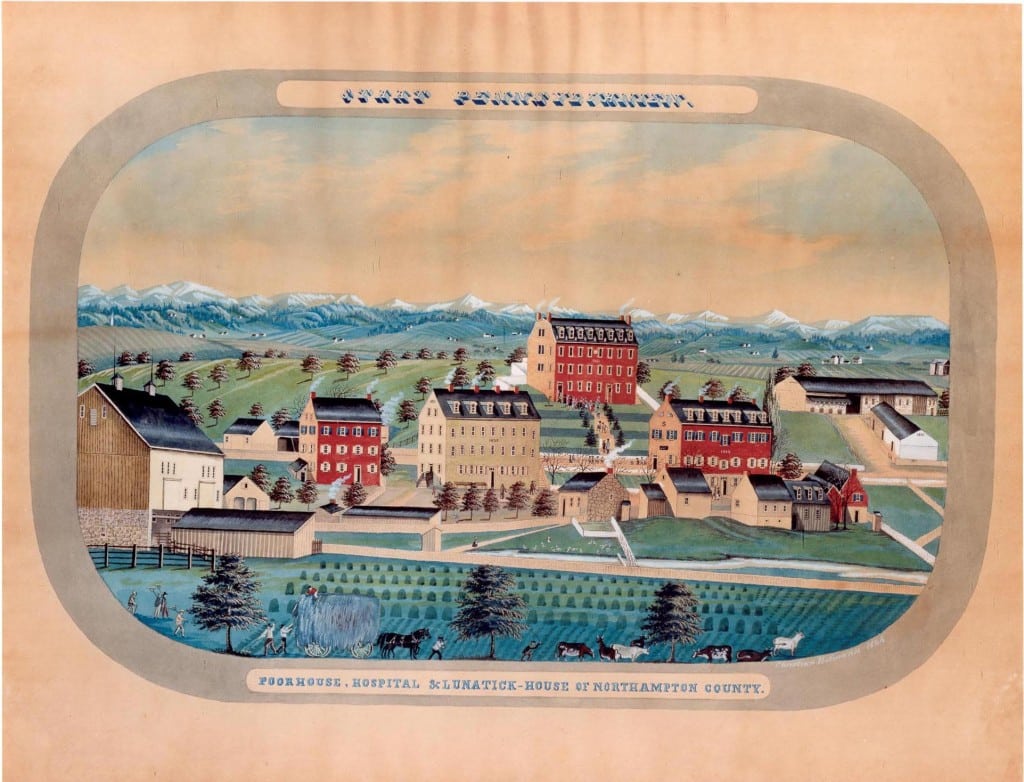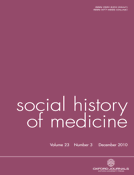Women on the Move: a review of the historiography of Irish emigration to the USA, 1750–1900
Psychology and the Great War, 1914–1918
Early Modern Women
Democratic Punishment and the Archive of Violence: Punishment, Publicity and Corporal Excess in Antebellum New York
A Patient With Word Blindness in the Seventeenth Century
History of Poverty & Homelessness in NYC – 1650–1829
Diagnosing Suburban Ruin: A Prehistory of Mumford’s Postwar Jeremiad
Catholic Welfare Services in Singapore
CWS Vocational Training Centre for Girls was started in 1967 with dress making as its first activity for girls. The centre relocated and in 1990, it was eventually renamed as the Canossa Vocational Centre (Sewing) when it moved into the site of the former Our Lady of Lourdes School at Ophir Road. The Centre closed in 2003.
The Irish Uprising of Easter 1916: A Psychopolitical Dialogue
Co-operative Commonwealth Federation
The Welfare State and the ‘Deviant Poor’ in Europe, 1870–1933
The Problem of Juvenile Crime and the Making of Criminal Law in Finland, 1862-1889
What Is Race? UNESCO, mass communication and human genetics in the early 1950s
Calling the Shots: Aboriginal Photographies
The Farmville Protests of 1963: Fighting Massive Resistance in Prince Edward County, VA
An Eventful Journey from Christian Feminism to Christian Humanism
Mosaic: recovering surviving census records and reconstructing the familial history of Europe
Wild socialism – workers councils in revolutionary Berlin, 1918–1921
Line in the Sand: A History of the Western U.S.–Mexico Border
British Nurseries, Head and Heart: McMillan, Owen and the genesis of the education/care dichotomy
History of social security in Australia
Abortion Policy and Social Suffering: the objectification of Romanian women’s bodies under communism (1966–1989)
Contesting the Postwar City: Working-Class and Growth Politics in 1940s Milwaukee
“Where I First Learned the Nature of Care”: Women and Violence on the Late Eighteenth-century Frontier
At Home with the Women’s Guild of Arts: gender and professional identity in London studios, c.1880–1925
The Race for Education: Class, White Tone, and Desegregated Schooling in South Africa
…
This article is from –
The Race for Education: Class, White Tone, and Desegregated Schooling in South Africa
Masculine responsibility across generations: living arrangements in a Norwegian parish around 1900
Harry Hopkins and Work Relief
Genealogies of the Dalit political: The transformation of Achhut from ‘Untouched’ to ‘Untouchable’ in early twentieth-century north India
Swift to Wrath: Lynching in Global Historical Perspective
Planning and Public-Private Partnerships: Essential Links in Early Federal Housing Policy
A Philosophy of Charity and the Debates over the English and Irish Poor Laws in the 1830s
Marriage and the British Army in the Long Eighteenth Century: ‘The Girl I Left Behind Me’
‘Our own paper’: evaluating the impact of Women’s Cricket magazine, 1930–1967
Liberty and Liberticide: The Role of America in Nineteenth-Century British Radicalism
Sex Ratio Effects on Marital Formation and Dissolution, 1980–2000
Under Household Government: Sex and Family in Puritan Massachusetts
The Public Voice of Women
Becoming Poor in Eighteenth-Century Turin
Days of rage: America’s radical underground, the FBI, and the forgotten age of revolutionary violence
One nation under God: how corporate America invented Christian America
Crafting Lives: African American Artisans in New Bern, North Carolina, 1770–1900
…
See the article here:
Crafting Lives: African American Artisans in New Bern, North Carolina, 1770–1900
On Grounds of Poorhouse, Cecil County Insane Asylum Opens in 1887
Poorhouse, Hospital & Lunatick-House of Northampton
Watching women’s liberation, 1970: feminism’s pivotal year on the network news
‘Robert Schumann’s mental illnesses. (Genius and madness)’, by Mlle Dr Pascal (1908a)
The Works Progress Administration
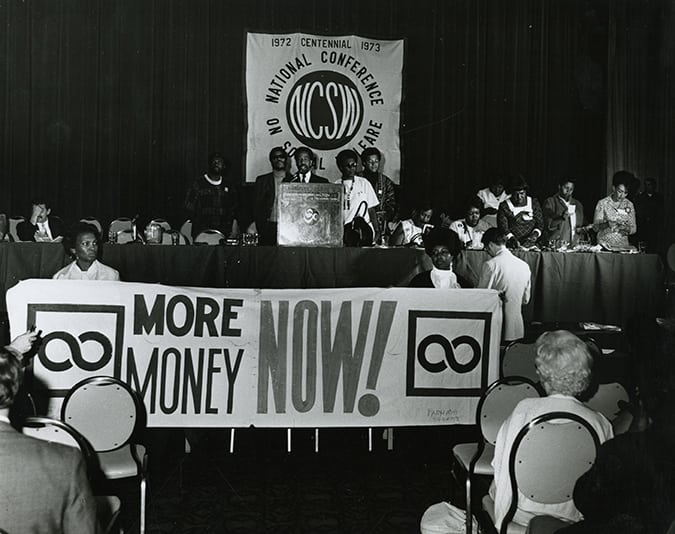 The Social Welfare History Project
The Social Welfare History Project
The Works Progress Administration (WPA) was created by Executive Order #7034 on May 6, 1935. President Roosevelt had the authority for this Executive Order via the Emergency Relief Appropriation Act of 1935. The WPA was created to offer direct government employment to the jobless. The unemployment rate was about 20% at the time the WPA was created.
